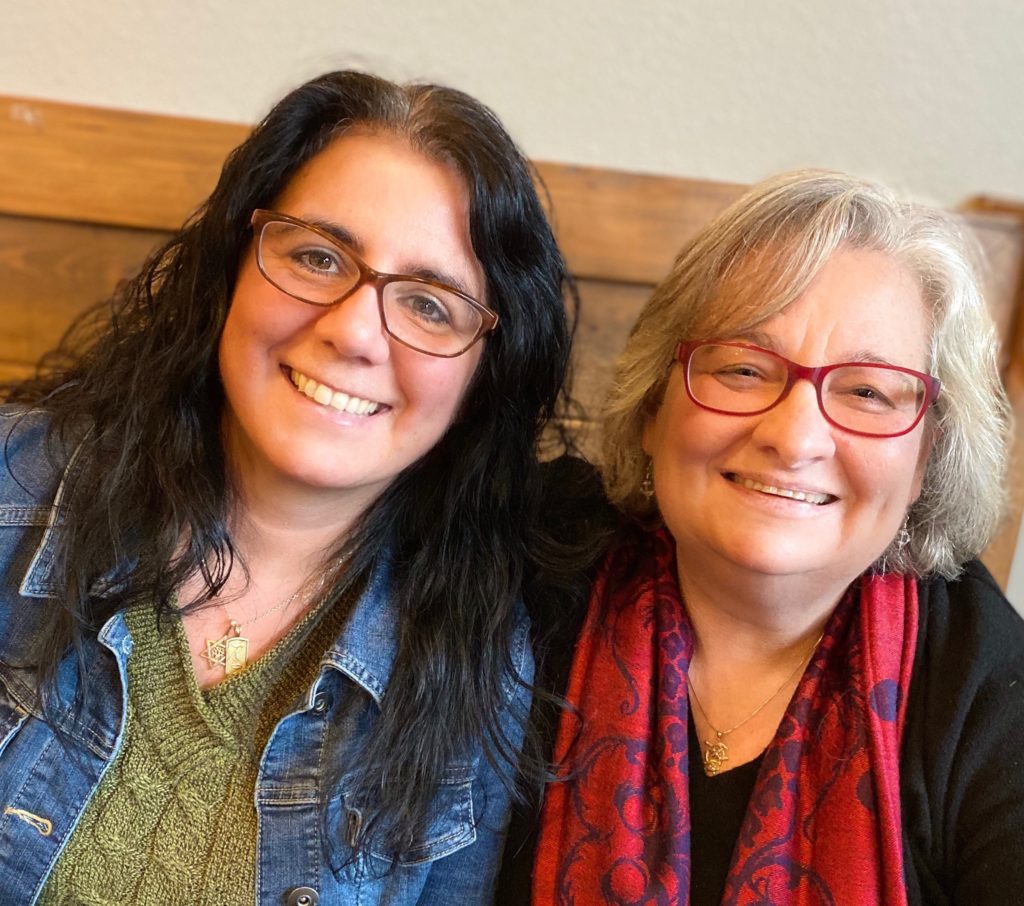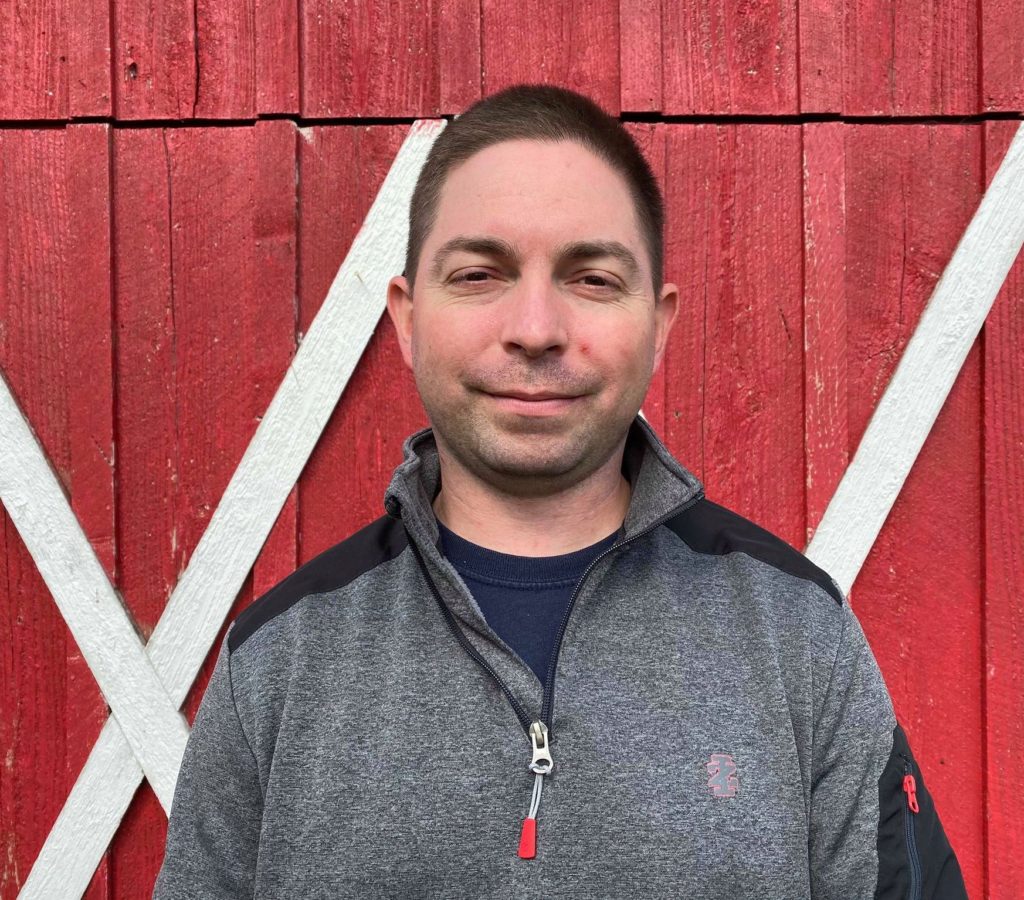A new organization advocates for the rights and needs of NPEs
Three NPEs have teamed to form Right to Know (RTK), a nonprofit organization in Washington state to advocate for the rights of NPEs, which it defines broadly as all people directly affected by misattributed parentage, including adoptees, donor-conceived (DC) people, and individuals conceived during an affair, assault, or tryst.
Kara Deyerin, a nonpracticing attorney, Gregory Loy, an active duty Navy human resource manager stationed in Oak Harbor, Washington, and Alesia Weiss, a retired RN and military veteran have outlined and begun to set in motion an aggressive set of initiatives, each based on the fundamental premise—supported by the United Nations Convention on the Rights of the Child—that everyone has the right to know one’s genetic identity.
Focus on Education
RTK, says Deyerin, has a two-pronged mission, the first and foremost of which is education—both for the public and NPEs. The organization wants to illuminate the public about what it means to be an NPE and what NPEs experience. It aims to give them a realistic picture of who NPEs are and engender understanding about the complexities of the intersection of genetic information, identity, and family dynamics. At the same time, it seeks to educate NPEs about the emotional and legal issues that may arise in the wake of a DNA surprise and help provide solutions.
When—after learning that the man she believed to be her father was not genetically related—Deyerin investigated her rights as an NPE. She was shocked to realize that she had none. That discovery drove the second part of RTK’s mission: to advocate for NPEs’ rights so that they will have what they need to heal and move forward.
The first step in setting this mission in motion is securing the funds to kickstart its initiatives, so Deyerin, Loy, and Weiss are in the process of seeking grant monies. At the same time, RTK is developing a series of conferences to be held in different locations across the country, each event, says Deyerin, designed to triage NPEs’ behavioral health issues, create a roadmap for the creation and provision of appropriate services, and build consensus about NPE rights. They’ve established four goals on which these events will focus:
- to establish access for NPEs to their identity (heritage and medical information);
- to safeguard access to records, specifically for adoptees and DC people, and ensure those records are held in perpetuity;
- to enact laws based on evidence-based practices so that the rights of the child will be primary; and
- to establish a knowledge base for NPEs that will allow them to confidently choose behavioral health clinicians.
Key to NPE wellness are increased awareness of the emotional consequences of discovering one’s NPE status, the development of adequate behavioral health strategies, and the availability of providers. Therefore, those are the cornerstones of RTK’s conference objectives. Since the number of NPEs is growing as a result of the increased use of direct-to-consumer DNA testing, the number of people seeking help will grow proportionately, says Deyerin. But there isn’t adequate information about what they should look for in a counselor or what treatment options are available. She and Weiss hope that through these conferences they can create a framework by identifying the information needed and developing connections so NPEs can find professionals to help them through their NPE journeys.
“We want to collect evidence from NPEs about their experiences as well as evidence from clinicians about their treatment options,” says Deyerin. “Then we’ll fold that into some data that can be used for real evidence-based planning rather than just shooting in the dark.”
To further develop awareness about the challenges NPEs face and build resources to assist them, RTK will also network with, and invite to the conferences, individuals from variety of disciplines—such as physicians, psychologists, and social workers—reaching out to them through their professional and credentialing associations.
Beyond the conferences, RTK will also educate NPEs and the public through grassroots outreach on its home turf in Washington, exploring one-on-one opportunities; spreading the word in group settings, for example, making presentations to local groups, genealogy societies, libraries, and medical groups; publishing articles; and creating brochures and other educational materials. Weiss, who excels in networking and developing strong personal relationships, envisions developing “coffee and conversation” meetings. “Maybe I or someone in our group would host in a particular legislative area,” she says. “It could be over lunch in someone’s home or at Starbucks, and we can use it as an opportunity to share with them and update them about what we’re doing.”
The message that weaves throughout all this outreach is that anonymity for sperm donors and parents relinquishing a child for adoption is a thing of the past, that secrets pertaining to NPEs can’t be kept in the closet, that genetic identity is an inviolable right.
Establishing and Protecting Rights
The second prong of RTK’s mission is to advocate for NPEs and create legislation that establishes and protects their rights. While—thanks to the efforts of adoptee advocates—it’s become well-accepted over time that adoptees should be told about their origins from the start, the need for that same transparency for NPEs and DC offspring is not recognized. Research concerning the mental health of adoptees has demonstrated that secrecy is harmful and has established best practices that need to be extended to NPEs. Therefore, RTK’s goal is to demand rights for NPEs and DC offspring through legislation. Its primary initial goal is to enact a law similar to one recently passed in Texas to combat fertility fraud. Senate Bill 1259—introduced by state Senator Joan Huffman and spearhead by Eve Wiley, who learned that her biological father was her mother’s fertility doctor—makes it a criminal offense for a fertility doctor to use his own sperm to inseminate a patient.
In order to gain traction for the introduction of such a law, RTK must spread awareness about its importance. A lot of people, Deyerin says, are unaware that it’s not illegal for a doctor to use his own sperm to inseminate patients. “When you talk to people who aren’t NPEs about this,” she adds, “their first response is ‘well, duh! Of course that should be illegal. It’s not?’” RTK is now trying to find a legislator in Washington to help introduce this fertility fraud legislation. And Weiss and Deyerin are working with a developer to create an app that identifies users’ legislators and will populate a pre-written but customizable email message with which to reach lawmakers and advocate for change.
Equally important is to introduce legislation to eliminate other types of fertility fraud, such as misrepresentations by fertility clinics and by donors. RTK wants to make sure there are consequences in Washington for those who commit fertility fraud, and branch out from there to push for these laws in other states. Eventually, RTK would like to have chapters in various states advocating for NPE rights throughout the U.S.
Another target for legal challenges concerns birth certificates. Deyerin’s identity crisis led her to think about changing her birth certificate. “I felt that if my kids, grandkids, and great grandkids wanted to see their heritage and know their medical information, having that documentation would be paramount.” But she had no idea how complicated a prospect that is until she began researching. According to Washington’s new Uniform Parentage Act, it may be possible for NPEs to change their birth certificates if all parties involved—the parents on the birth certificate and the biological parents—agree. “It’s a new and tentative thing under the act—a possibility but not necessarily guaranteed,” says Deyerin. On the other hand, the act denies this right to DC individuals, preventing them from ever including their genetic identity on their birth certificates—a prohibition she calls heinous.
“What prompted me [to work to change the law] was looking at the existing laws and realizing, because my birth father is deceased and his family isn’t willing to share information, that I have no rights to my medical information and heritage and no paper trail to create for my descendants to be able to find that information. So I felt that it was time to make a change in those areas.”
“We came together and had an epiphany about working together and seeing if we can get something done in Washington state, Weiss says. “We’ve given ourselves a five-year window, and we’re in it for the long haul. We’re going to keep moving forward and see what we can do.” There aren’t many people advocating for NPEs and their rights, says Deyerin. “So we both feel it’s a hole that needs to be filled and we want to step in to make sure that—eventually—the next people who learn about their NPE status have tools to go forward and heal themselves.
The Butterfly Effect
Weiss and Deyerin are starting small but thinking big and aiming high. Their desire, Deyerin concludes, is to set in motion the butterfly effect. “We want to make a strong change locally and have a big effect elsewhere. We’ll start in our area, gain some common best practices, and put those in a structure other chapters can open and use in their own states.” Eventually, she says, “this one snowflake can roll into a giant snowball and we can eventually see change across the United States.”
How You Can Help
There are a number of ways you can support RTK’s vision. Of course, there’s always a need for funds to support the organization’s initiatives, so donations are welcome. All money goes directly in support of promoting the main goal—ensuring the fundamental right to know one’s genetic identity. In addition, you can write to legislators, meet with lawmakers to educate them about NPE issues, and help in a variety of ways with the upcoming conferences. Visit RTK’s website and select the “Get Involved” menu item. And behavioral health professionals who wish to help the team develop the conference and contribute to data collection about NPE issues should send a message to righttoknowus@gmail.com.






